A new report by The World Health Organisation (WHO) has backed the divisive plans to implement a sugar tax as a method of tackling childhood obesity.
Sugar tax is one of the conclusions drawn in the two-year report by WHO, which looks into obesity among children globally.
The report mentioned “alarming levels” of childhood obesity across the world, with at least 41 million under the age of five either overweight or obese.
On 22 January, Kellogg’s committed to cutting more than 723 tons of sugar from its cereals in 2017, including Frosties and Coco Pops - but would not specify the amounts this would be by.
According to the report, which was presented by the Commission on Ending Childhood Obesity, there is strong evidence to suggest that a tax on sugar can be effective and feasible to implement. It added: “Further evidence will become available as countries that implement taxes on unhealthy foods and/or sugar-sweetened beverages monitor their progress.”
Marketing and labelling
Other suggestions within the report included improving front-of-pack and nutrient labelling. It said: “Some countries may consider taxes on other unhealthy foods, such as those high in fats and sugar. Taxing energy-dense, nutrient-poor foods would require the development of nutrient profiles, and modelling suggests this may reduce consumption.”
It also talked about food marketing: “Implement the set of recommendations on the marketing of foods and non-alcoholic beverages to children to reduce the exposure of children and adolescents to, and the power of, the marketing of unhealthy foods.”
Food labelling was another area of concern: “A standardised system of food labelling, as recommended by the Codex Alimentarius Commission can support nutrition and health literacy education efforts, if mandatory for all packaged foods and beverages.”
A sugar tax is currently being considered by the UK government ahead of a final decision in the coming weeks.
NHS England boss Simon Stevens revealed last week that he was planning to add a sugar tax to food and drink sold across NHS providers by 2020 to discourage staff, patients and visitors from buying sugary snacks. This would make the NHS the first public body in the UK to impose a sugar levy.























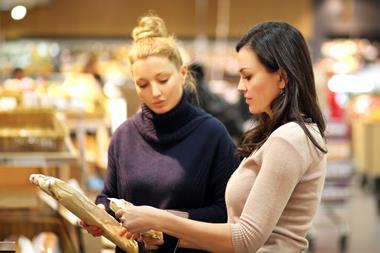

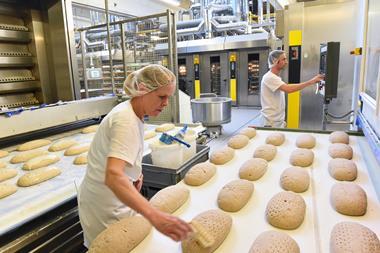
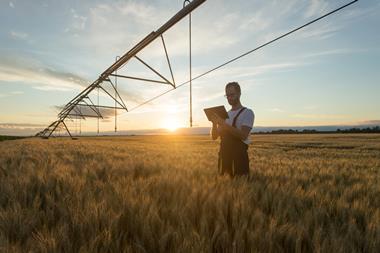

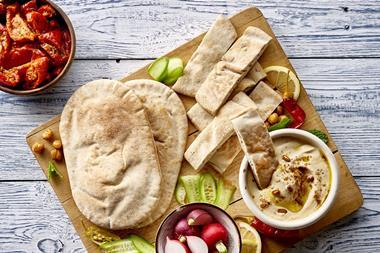
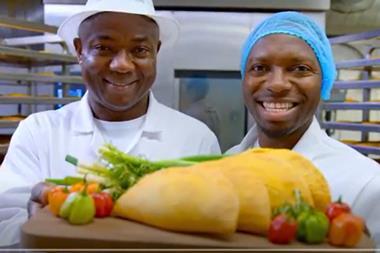
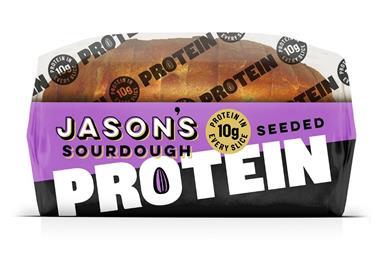

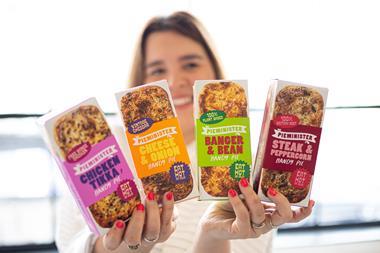
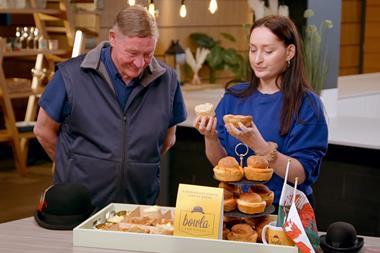

No comments yet